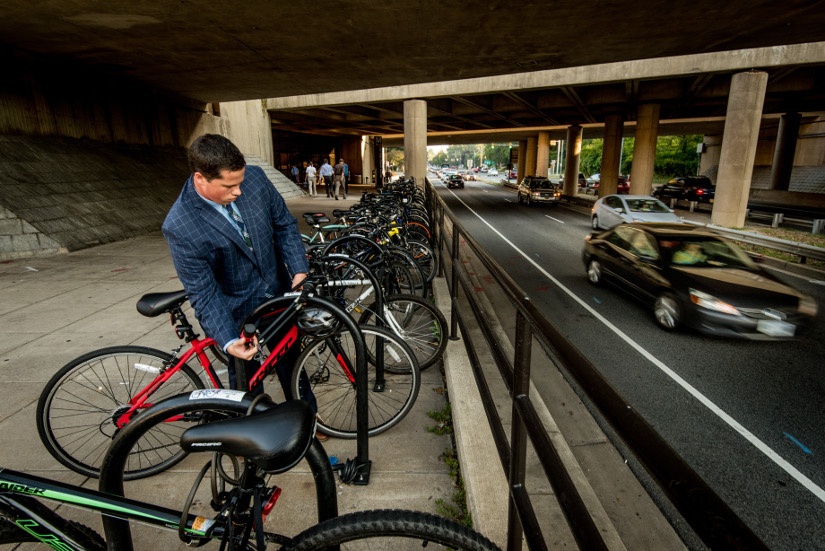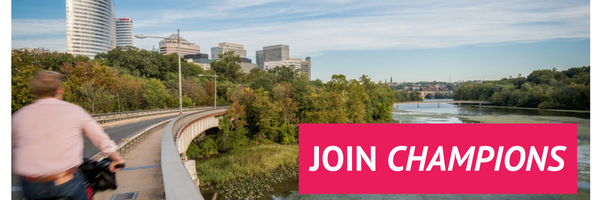The Midwest is not usually a place people equate with multi-modal life or public transportation. Unlike in larger coastal cities, people in the Corn Belt are much more dependent on cars to get around. But in 2016, the city of Columbus, Ohio turned that belief on its head by winning the $40 million US Department of Transportation’s Smart City Challenge and $10 million from Vulcan, Inc.

Moving People, Not Machines
The bedrock of Smart Columbus is prioritizing people and the city’s growing population. Transportation demand management (TDM) is about connecting people to where they need to go rather than only focusing on the vehicles people use.
"Instead of how can we move the most people fastest, we talk to people about how we can get them to where they need to be," said Brandi Braun, assistant director for the Department of Public Service, to Smart Cities Dive.
The city plans to build connectivity for residents by centralizing trip planning apps, simplifying the fare payment process and creating technologies to help people with disabilities get around.
Improving What Already Exists
Columbus’ answer to a growing population does not include building new roads for the influx of new vehicles. Instead, the plan addresses existing transit services and focuses on improving how people use them every day. Efficiently handling large crowds at events, or improving streetlights are just a few ways the city is planning on addressing current transportation resources.
Columbus is a major trucking and highway crossroads. Creating routes for oversized vehicles or helping truck drivers find safe and sufficient parking, meets the present demands instead of reinventing the wheel.
Collaboration Instead of Isolation
According to Tech Republic, Columbus was quick to collect pledges from businesses in the city. Creating public-private partnerships between the city and tech companies opens doors to integrate electric cars and automated vehicles into the roads, simplify transit fare payments and making trip planning easier in one seamless process.
Preparing for the Future Right Now
Vulcan, Inc., a private investment firm, gave $10 million as part of the Smart City Challenge for projects such as installing electric charging stations in garages to meet the growing electric vehicle population.
The city will also be experimenting with using a small fleet of electric automated vehicles to take passengers between one of the city’s major commercial hubs to nearby transit.
Be Smart in Arlington County
In Arlington, Virginia, many organizations incorporate sustainable transportation into their business model. Arlington strives for a bike and pedestrian friendly environment to connect people with their community. The Arlington Transportation Partners (ATP) Champions program enables businesses and real estate stakeholders to make sustainable transportation more accessible to people who live, work or play in Arlington. Champions provides the resources to bring mobility into your organization; enroll below to make mobility a way of life.
Photo Credit: Sam Kittner/Kittner.com for Arlington Transportation Partners


